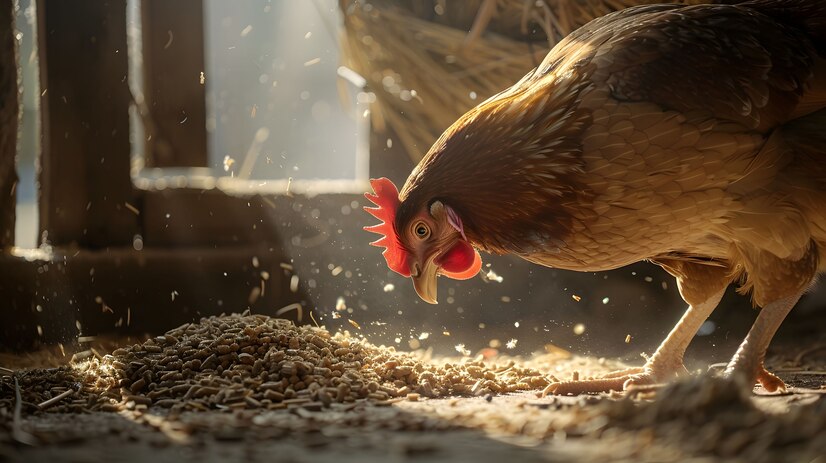One of the most underrated hidden gems of poultry farming is poultry manure. Poultry droppings are enriched with important nutrients like nitrogen, phosphorus, and potassium; hence, they can serve as very good organic fertilizers. Composting poultry manure produces a powerful soil conditioner that enhances the fertility of the soil and supports healthy vegetative plant growth.
Composting poultry manure refers to the mixing of manure with materials high in carbon, such as straw, wood chips, or leaves, in a manner that there is a balance of components within the compost pile. What this means is that frequent turning of the pile ensures adequate aeration, which is good for decomposition. Manure is broken down into a dark, crumbly material called compost during decomposition. This compost can be spread into fields, gardens, or orchards to enrich the soil and promote healthy plant growth.
Among the benefits of using poultry manure as fertilizer is that the reutilization helps avoid the wasteful losing of nutrients, thereby minimizing the amounts of inorganic fertilizers required. Synthetic fertilizers are expensive to buy and to produce, potentials for environmental degradation like water bodies’ pollution and soil degradation. Organic poultry manure aids in the reduction of production input and minimizes its impact on the environment.
Second, poultry manure improves soil structure and water retention. The organic matter in the compost enhances the aeration of the soil for root growth and increases its water-holding capacity. This is particularly very useful where drought may occur or where the soils are sandy and well draining.
Third, poultry manure enhances the activity of beneficial microorganisms in soil. These microbes engage in organic matter decomposition and release nutrients, which are then taken up by plants. Healthy soil microbiota enhance further the resilience of the soil to pests and diseases.
Poultry manure in crop rotations can lead to healthier, more productive fields. Some important effects include vegetable gardens with larger, more flavorful vegetables, orchards with increased fruit production and healthier trees, and lawns and ornamental gardens with strong, green growth.
However, proper management of the poultry manure is necessary to avoid probable challenges. Fresh poultry manure has high levels of ammonia that can burn plants if applied directly to plants. Composting the manure reduces the levels of ammonia, completely eliminating the pathogens, and the product is safe to use as fertilizer. Secondly, farmers should test their soils regularly to ensure that they apply the necessary amount of compost to achieve the proper results.
This can be a good example of the recycling of nutrients back to land, which can help sustain agriculture. This change from waste into resource can improve soil fertility, increase plant growth, and substitute for artificial fertilizers, thereby lessening a farmer’s impact on nature. So the next time you clean up in the coop, remember it’s time to collect “black gold” for your fields!

